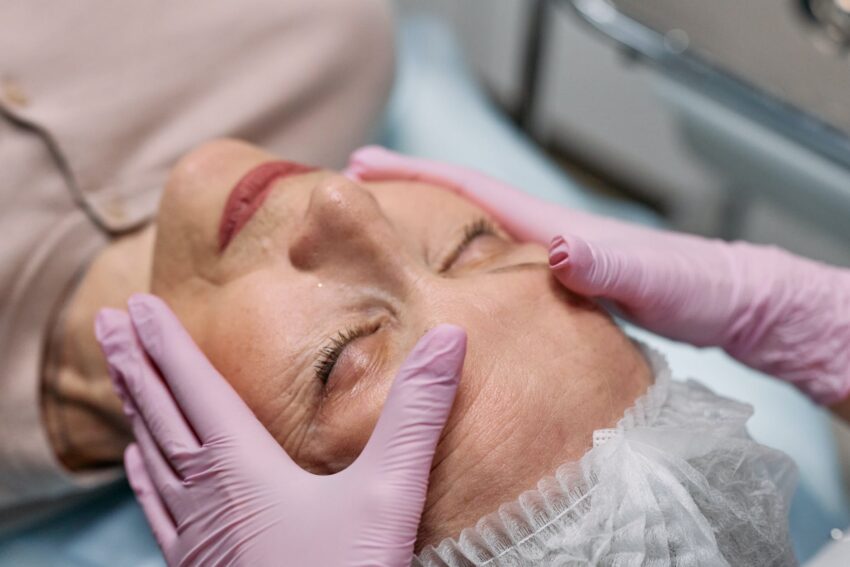The evolving landscape of mental health treatment is continually expanding to embrace radical techniques. One of these modern approaches is psychedelic-assisted therapy, an innovative strategy that combines traditional psychotherapy with regulated amounts of psychedelic substances. Such drugs have been shown to offer therapeutic potential in managing numerous mental health disorders, such as depression, anxiety, post-traumatic stress disorder (PTSD), and addictions, thereby amplifying the efficacy of treatments.
Highlighted by psychedelic research, these drugs, when administered in a safe and controlled environment, can facilitate profound emotional breakthroughs and enable deeper introspection. This approach amplifies the efficacy of psychotherapy integration, allowing patients to confront, process, and engage with traumatic or stressful experiences more effectively, thereby fostering trauma healing.
The therapeutic use of psychedelics, such as psilocybin, LSD, or MDMA, has recently been brought back into research focus after many years of legal and societal pushback. However, now, leading scientific circles globally appreciate their potential in several mental health treatment domains, such as depression relief and anxiety management.
A study from J Psychiatry Neurosci., 2018 concluded that a single dose of psilocybin – the compound found in magic mushrooms played a significant role in reducing depressive symptoms in patients with life-threatening cancer. Moreover, the effects were long-lasting, further underlining their potential use in mental health treatment.
Similarly, MDMA-assisted therapy has shown promise in treating PTSD. According to a study published in The Lancet journal, PTSD treatment that includes psychotherapy along with three doses of MDMA resulted in greater reduction in PTSD symptoms when compared to psychotherapy with a placebo. Studies have also shown that these effects can last for a year or more, offering hope for those where traditional therapies have failed.
Psychedelic-assisted therapy can also be instrumental in addiction recovery. Through focused sessions, these substances can cause a type of reset in the brain, allowing individuals to revisit and process traumatic events that might be fuelling their addiction. In fact, researchers like those at Johns Hopkins University have conducted studies that substantiate the effectiveness of psychedelics like psilocybin in treating tobacco and alcohol addiction.
While the therapeutic potential of psychedelics is undeniable, it is crucial to highlight that the positive outcomes result from a meticulously curated balance of substance administration and psychotherapy. Psychedelics are not viewed as a miracle cure; instead, they are a tool integrated within therapy sessions designed to promote emotional breakthroughs and insights that, in turn, boost the power of therapeutic interventions.
The clinical administration of these drugs requires medical professionals to ensure safety, appropriateness, and a supportive and understanding environment for a patient undergoing this unique form of treatment. Such a cautious approach is necessary given the powerful and unpredictable effects of psychedelics.
In conclusion, the use of psychedelics in mental health therapy appears to present a promising avenue for a myriad of mental health ailments. Still, more comprehensive and long-term studies are required to understand the full magnitude of benefits and potential drawbacks associated with psychedelic-assisted therapy. As our understanding of these substances and their impact on the human brain evolves, it opens exciting opportunities for more grounded and patient-effective mental health treatments in the future.
